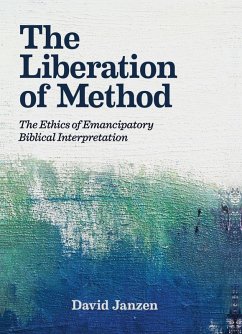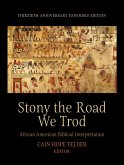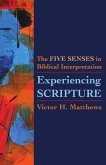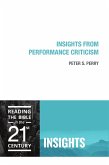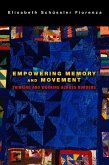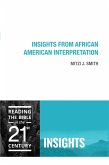The first part of the book draws upon the hermeneutics of philosophical pragmatism to argue that, because readers are responsible for the interpretation, there is no necessary connection between the meanings they produce and the ones ancient authors may have intended. As a result, the historical-critical method, which prioritizes the study of the ancient contexts of biblical writings, becomes an optional rather than a necessary aspect of interpretation. The second part of The Liberation of Method argues that if we truly hope to create an ethical academic field, more privileged scholars and students must see their minoritized colleagues as the leaders in the field, as models of the ethical liberative standards of interpretation.
Dieser Download kann aus rechtlichen Gründen nur mit Rechnungsadresse in A, B, BG, CY, CZ, D, DK, EW, E, FIN, F, GR, HR, H, IRL, I, LT, L, LR, M, NL, PL, P, R, S, SLO, SK ausgeliefert werden.

